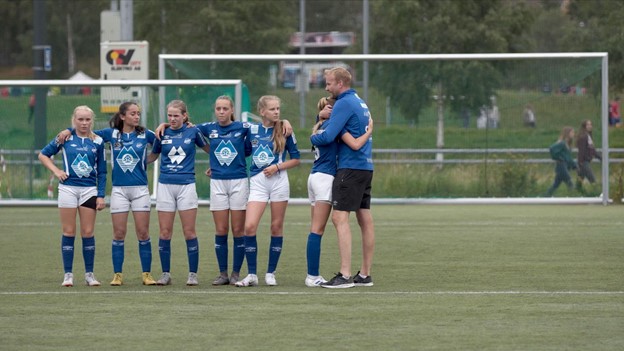Values-based learning sits at the heart of education, but isn’t always easy to embed into practice. In this article, Lyfta’s Professional Development Lead, Anna Szpakowska looks at how character and values-based learning can be made part of the curriculum.
When you were at school, who was your favourite teacher and why?
When I ask teachers this question, they often focus on those who were kind or caring or passionate. Qualities and values that went well beyond knowing their subject well. As teachers, we want to help young people realise the best version of themselves, particularly in our ever-changing world. Character and values-based learning equips students for the future and sits at the heart of what we do as educators, but it not always easy to embed it into classroom practice.
So often when we want to lead this work in our schools, we can encounter push back from staff who are already overburdened by the expectations of the curriculum. More often than not, values based learning or character development is seen as an added bonus or extra. However, it’s important for staff to realise that nurturing values in our young people goes beyond our moral obligation as educators or even statutory requirements such as Ofsted, SMSC or the RSE guidance. This kind of education is the foundation that sits at the heart of what it means to be a good learner. If we can make our young people resilient, determined and empathetic, we’re not only ensuring they’re ready to learn in a range of curriculum areas, we’re also ensuring we’re preparing them for the rapidly changing world of work too.
Many schools use the Department for Education’s character education framework as a starting point for work with their staff. Whilst not mandatory, it provides a possible starting point for schools considering how they embed character education into their curriculum and wider school life.
Lyfta gives teachers the opportunity to nurture the whole child, build character and embed values like resilience and service. Its world of positive human stories allows students to meet with individuals from communities across the globe, connect with their inspiring stories, and reflect on their values. Each story has its own 360 degree environments, unique soundscapes and powerful short films to fully immerse students in a world beyond their own. Our Kids’ Cup storyworld, which features the journeys of five young people competing in an international children’s football tournament, is one of many that helps teachers introduce values including perseverance, resilience and leadership to students.
Independent research conducted by the University of Tampere has also shown that Lyfta’s immersive human stories help students to develop empathy and understanding for those who are different from themselves.
Character and values-based learning are at the heart of education and are often our true legacy as teachers. Lyfta’s immersive platform can help you to embed positive values in the classroom and equip your students for the future.
During this session, participants will gain an insight into how character education can be woven in alongside curriculum content. There will be an exploration of how narratives can help to support character education and learning more broadly. Participants will see how Lyfta’s digital immersive stories can help to embed character education into the classroom as well as getting a hands-on experience of using the platform.
Written by: Lyfta
Published on 12 August 2022

